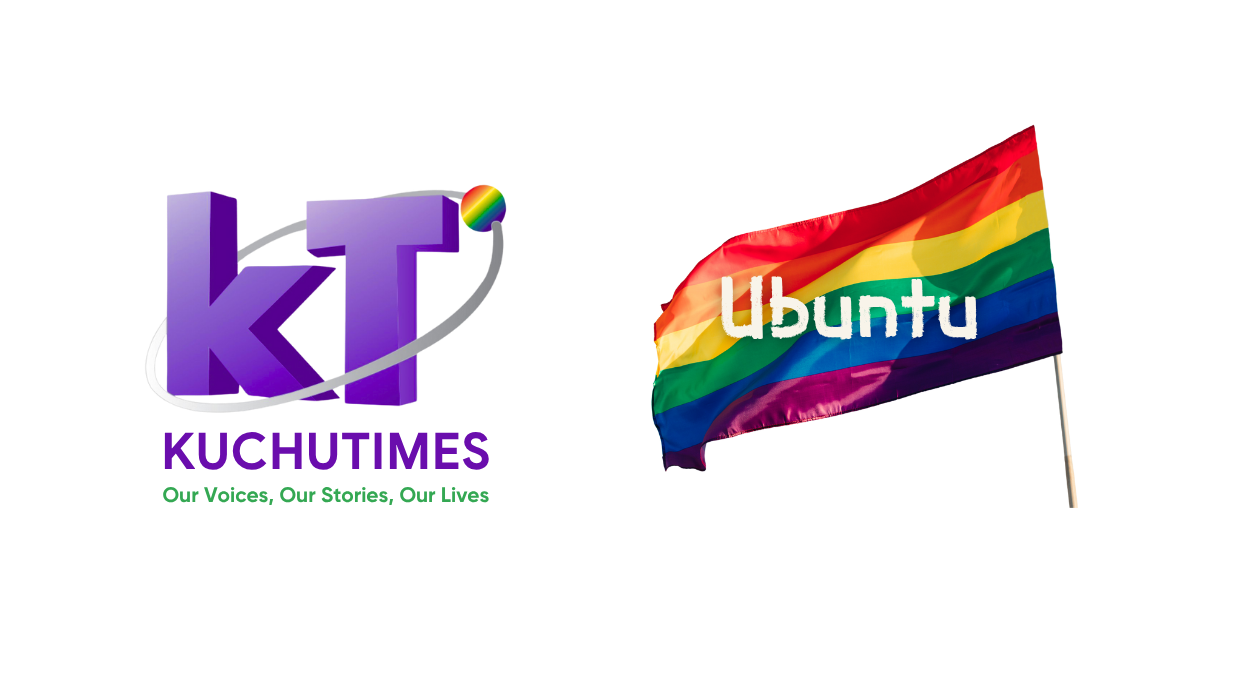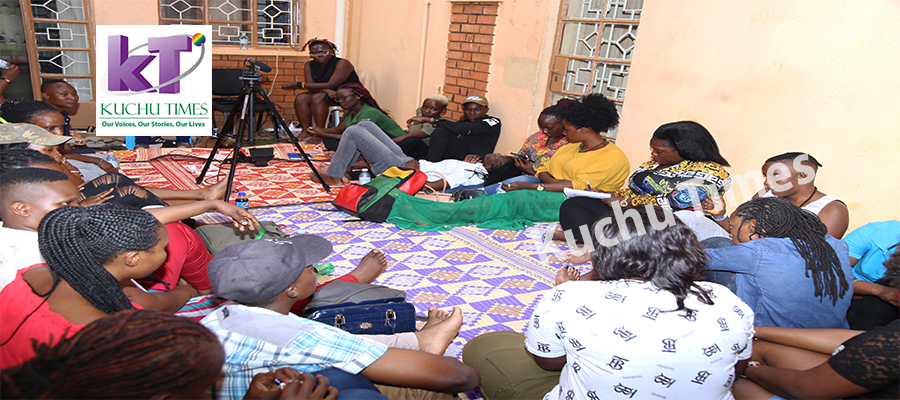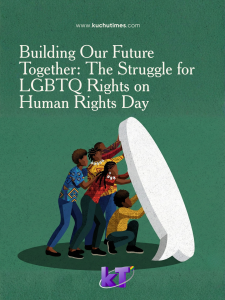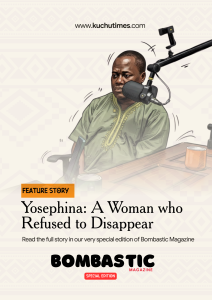On the eve of International Day Against Homophobia, Biphobia and Transphobia (IDAHOBIT), Freedom and Roam Uganda (FARUG) in conjunction with International print journalist and UK based feminist campaigner, Julie Bindel had a gathering to commemorate the day. The event that was attended by over 25 LBQ women focused on highlighting the violations and injustices suffered by female sexual minorities in Uganda due to their gender identity or sexual orientation.
The participants freely shared their coming out experiences through open group discussions- most of them revealed they had confided in a close family member or trusted friend. While few of them got positive reactions from those they came out to, most were not so lucky and had their relationships with family and friends strained. Some were eventually cut off completely.
Sheilah (not real names), a bisexual woman came out to a close friend who then suggested that the only reason she was attracted to women was because no man wanted her or found her attractive. With time, her friend distanced herself from her.
Another participant, Aidah (not real names) also shared her experience that resonated with many studs. Her marital aunt questioned her sexuality based on her dress code and is still forcing her to come out. Her aunt persistently claims to have evidence of Aidah's attraction to the same sex but she (Aidah) still denies the allegations. "It is because of the close relationship with my mom that I can't come out to her. I am afraid that if I tell her, she will tell my mom and this could kill my elderly mum. I don’t think I would live with myself if that happened."
The LBQ women at the event also talked about the forms of violence that they have suffered because of societal homophobia, the repressive laws and biased cultural expectations of women which cut across all contexts. They confessed to public assault, verbal insults, emotional abuse and financial deprivation from family.
Lillian, a lesbian expressed that coming out constrained her relationship with her family. She said, "It's really hard for me to join my family in the village for the holidays like Christmas. When I do, some relatives taut out homophobic slurs at me. I have taken so many years without going home even though I am in contact with my parents, I can't be around them. I can't even go with any friend because they always assume that they are gay like me."
While still in school, Sham's mother found out that she was a lesbian just when she was about to pursue a diploma. Her mother stopped paying her school tuition and told Sham to approach the LGBTI "company" to sponsor her education since they have the money. Fortunately, she was able to work her way through school and paid for her own education.
Besides the experience sharing, the participants also brainstormed on why LBQ women are at the bottom of the chart when it came to attention, consideration and funding in comparison to MSMs and transgender communities despite their contribution to the movement. They highlighted sexism where women have a lower status in relation to men and patriarchy, where the men will look out for themselves first while the women are an afterthought – a system that sadly applies even to the LGBTI movement. The shrinking space for LBQ women was also attributed to lack of unity among themselves, lesser representation, low self-esteem due to oppression by society and the wide belief that male sexual minorities are at more risk of contracting HIV than the women.
In the recommendations on how to remedy this, the Programs Director of FARUG, Gloriah Dhel suggested that LBQ women should be more vocal and not stay silent about such injustices. Julie Bindel added that the women need to call all the men out even within our movement in the fight against this unfair treatment.
"We also need to become a more united global LBQ movement," stressed Julie. "We need to reach out to each other to form an international bond that will not only strengthen our numbers, but empower our resolve and give us a better position from which to tell them 'Enough Is Enough'. This is a movement that women too can lead."




